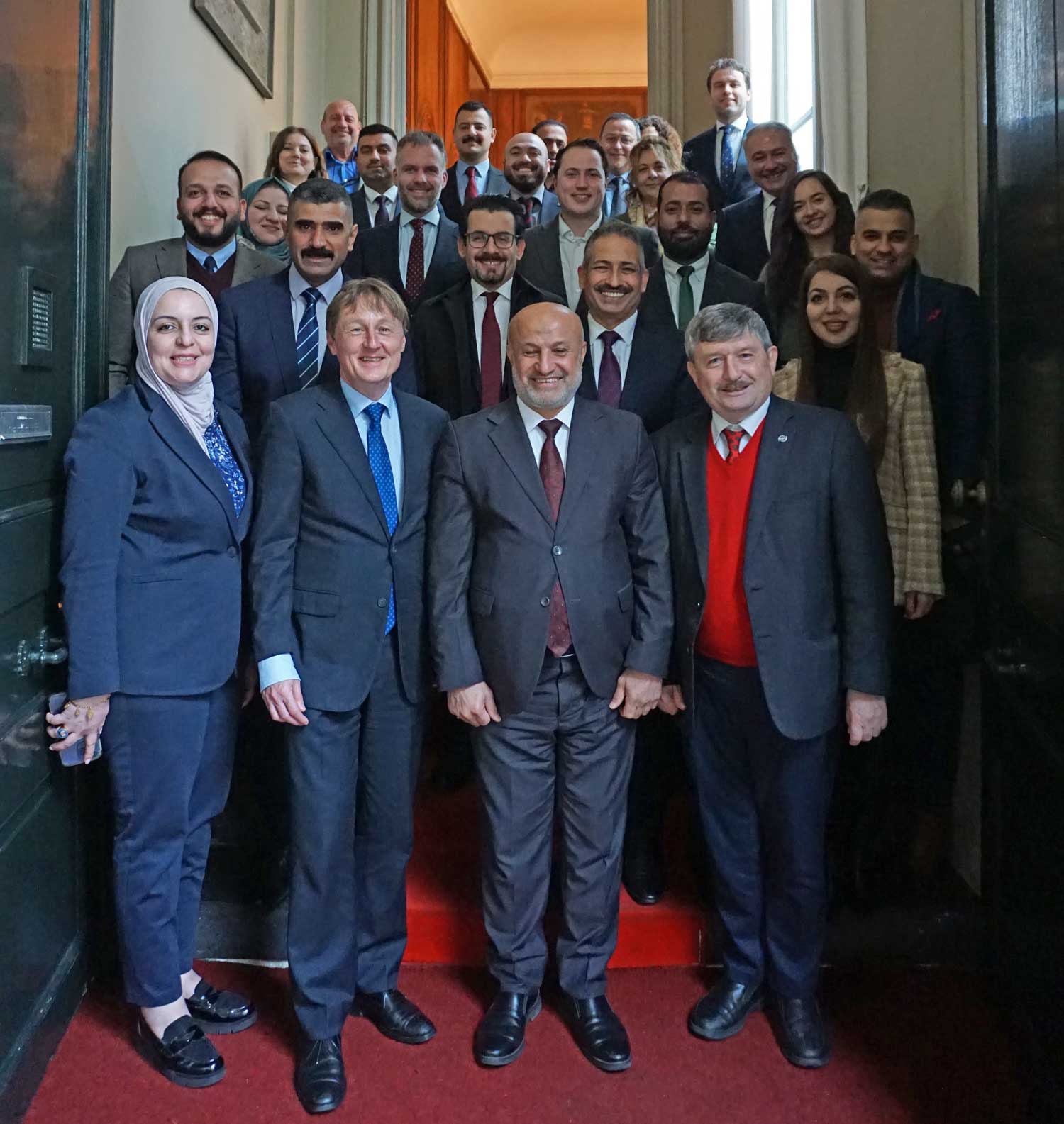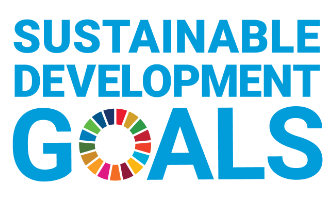The Hague, The Netherlands – IOM/UN Migration, Government Ministries of Interior, Justice, Foreign Affairs and Migration and Displaced, and other high-level agencies (State Council, Prime Minister Office) from both Iraq federal and Kurdistan governments met in the Hague with Dutch high-level counterparts to discuss the topics of return, readmission and reintegration and legal identity in protecting the rights of migrants, and how to manage regular and irregular migration.
Iraq has a long history of migration movements as its geopolitical location is key to the regional mobility- dynamics as a migrant hosting, transit and as a sending country. European countries have remained important countries of destination for Iraqi economic migrants as well as asylum seekers/refugees as well as irregular migrants that transit Iraq, through porous borders, from Iran, Syria, Bangladesh, Pakistan, the Philippines, and other Asian countries.
Iraq serves as a crucial transit country for migrants aspiring to reach Europe, particularly through the Eastern Mediterranean route. This journey commences in Iran, traversing both the southern and northern borders of Iraq-Iran. Continuing through the northern borders shared with Turkey and Syria, migrants embark on their path to Europe. Upon crossing the Iraq-Iran borders, migrants navigate both legal and illegal pathways, often disappearing as they progress along the migration route.
The participants seek to establish consensus on common approaches and priorities, as well as promote bilateral dialogue in the formulation and implementation of evidence- and human rights-based migration governance. In addition, the study visit served to explore opportunities for strengthening collaboration between Iraq and The Netherlands in addressing returnee issues; as well as provide an opportunity for Iraq as a Global Compact on Migration (GCM) Champion Country to share its national implementation plan and information on Government of Iraq pledges.
Dr Zaidan Khalaf Obaid, Government of Iraq Prime Minister’s Office, emphasized that “Without strategic and comprehensive dialogue, trust and cooperation we will not be able to manage effectively migration and peoples’ mobility and protect migrants‘ rights. This exchange visit serves exactly this purpose as we aim for increased collaboration with the Government of The Netherlands with the support of IOM/UN Migration.”
Pascalle Grotenhuis, Director General International Cooperation at the Ministry of Foreign Affairs of the Netherlands, commented, “For safe, orderly and humane migration, international cooperation is crucial. Without dialogue, trust and constructive cooperation, we will not succeed to manage migration well and protect migrants and their fundamental rights.”
The exchange is supported by the COMPASS programme funded by the Government of the Netherlands, implemented by the IOM/UN Migration Iraq Office, which aims to strengthen the capacities of the Government of Iraq to integrate the return, readmission and reintegration of Iraqi nationals in order to manage migration for the socioeconomic benefit of Iraq. IOM/UN Migration and both Governments work is guided by the relevant initiatives addressing migration, such as the 2030 Agenda for Sustainable Development (SDGs 4.4, 8.8 and 10.7), the Global Compact for Migration (Objectives 6 and 23) as well as the IOM’s Migration Governance Framework.
For more information and media enquiries, please contact:
 |
 |
 |
 Iraqi officials with IOM and Dutch officials
Iraqi officials with IOM and Dutch officials



